Fertility ‘breakthrough’ as human eggs grown in lab
In Depth: Scottish research could help preserve fertility of young cancer patients
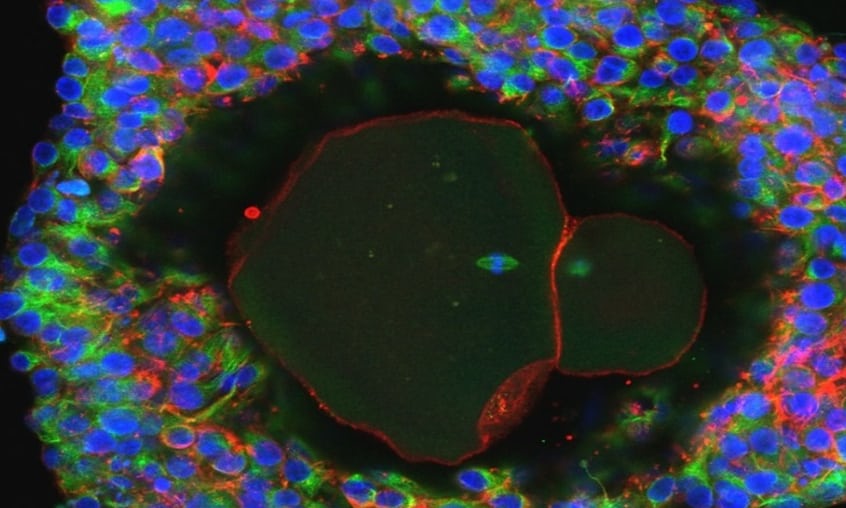
A free daily email with the biggest news stories of the day – and the best features from TheWeek.com
You are now subscribed
Your newsletter sign-up was successful
Human eggs have been grown to maturity outside the body in a breakthrough that ultimately could help preserve the fertility of girls undergoing cancer treatment, or offer an alternative to IVF.
A team at the University of Edinburgh, working with New York scientists, developed fully grown human eggs in a laboratory using small immature egg cells removed from ovary tissue, according to a report in the journal Molecular Human Reproduction. Nine mature eggs were grown from a total of 48 that were cultured.
The research is in an early stage, The Times says, noting that ”there are some abnormalities in the eggs. Because they cannot be fertilised without a licence, it is not possible to tell how significant these defects are.”
The Week
Escape your echo chamber. Get the facts behind the news, plus analysis from multiple perspectives.

Sign up for The Week's Free Newsletters
From our morning news briefing to a weekly Good News Newsletter, get the best of The Week delivered directly to your inbox.
From our morning news briefing to a weekly Good News Newsletter, get the best of The Week delivered directly to your inbox.
The pioneering technique could theoretically offer new hope for women, old and young, suffering from infertility. The advancement could “lead to new ways of preserving the fertility of children having cancer treatment”, says the BBC.
Why is this breakthrough significant?
Egg cell maturation is the process in which human egg cells develop to a stage where they can be fertilised. This normally takes place in an ovary, but this latest breakthrough marks “the first time human eggs have been developed outside the human body from their earliest stage to full maturity”, Reuters says.
“Because these cells are so sensitive to their environment, there have been many failed attempts in 30 years of trying,” The Independent adds.
A free daily email with the biggest news stories of the day – and the best features from TheWeek.com
What next?
“If we can show these eggs are normal and can form embryos then there are many applications for future treatments,” says University of Edinburgh Professor Evelyn Telfer.
The research could “transform the ease with which women can undergo IVF by simply requiring a small tissue biopsy rather than traumatic rounds of hormone-triggered ovulation”, The Daily Telegraph says. “It also promises to preserve the fertility of women undergoing aggressive cancer treatment.”
Telfer says it may also be theoretically possible to allow menopausal women to have children. “The honest answer is we really don’t know at this stage,” she adds.
Is there a downside?
Stuart Lavery, a consultant gynaecologist at Hammersmith Hospital, told the BBC that the research “represents a genuine step forward in our understanding… this preliminary work offers hope for patients”.
But many scientists claim it could be “years” before the techniques are safe and widely available, Sky News writes.
Professor Simon Fishel of the Care Fertility Group says that “what looks normal may not indeed be what we call ‘developmentally competent’, or indeed healthy”.
Robin Lovell-Badge, of The Francis Crick Institute, also casts doubt on the technique used, saying it was “quite inefficient”, with “only nine out of dozens of early-stage cells becoming mature eggs”.
-
 Quentin Deranque: a student’s death energizes the French far right
Quentin Deranque: a student’s death energizes the French far rightIN THE SPOTLIGHT Reactions to the violent killing of an ultra-conservative activist offer a glimpse at the culture wars roiling France ahead of next year’s elections.
-
 Secured vs. unsecured loans: how do they differ and which is better?
Secured vs. unsecured loans: how do they differ and which is better?the explainer They are distinguished by the level of risk and the inclusion of collateral
-
 ‘States that set ambitious climate targets are already feeling the tension’
‘States that set ambitious climate targets are already feeling the tension’Instant Opinion Opinion, comment and editorials of the day
-
 ‘Zero trimester’ influencers believe a healthy pregnancy is a choice
‘Zero trimester’ influencers believe a healthy pregnancy is a choiceThe Explainer Is prepping during the preconception period the answer for hopeful couples?
-
 Stopping GLP-1s raises complicated questions for pregnancy
Stopping GLP-1s raises complicated questions for pregnancyThe Explainer Stopping the medication could be risky during pregnancy, but there is more to the story to be uncovered
-
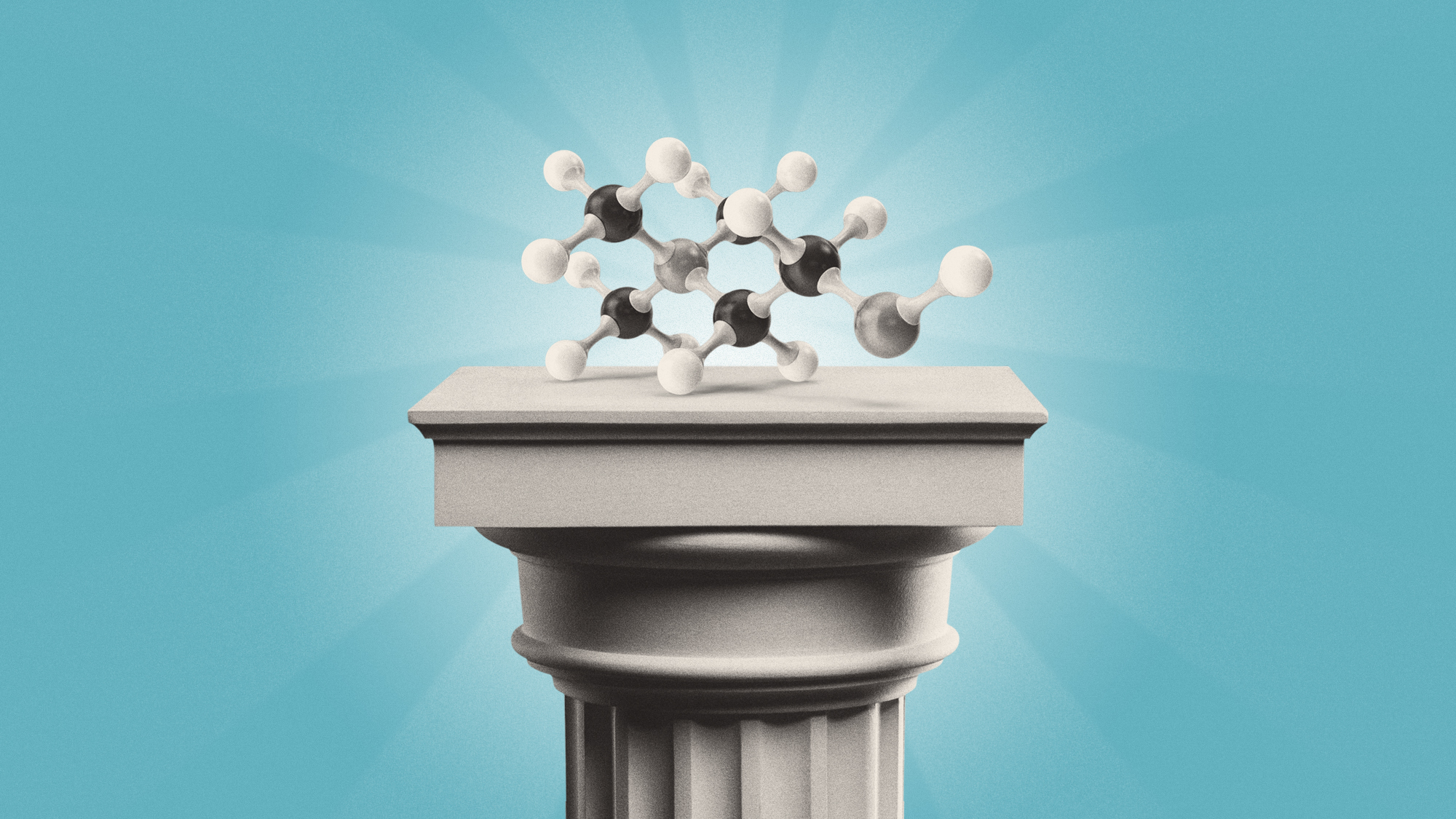 Choline: the ‘under-appreciated’ nutrient
Choline: the ‘under-appreciated’ nutrientThe Explainer Studies link choline levels to accelerated ageing, anxiety, memory function and more
-
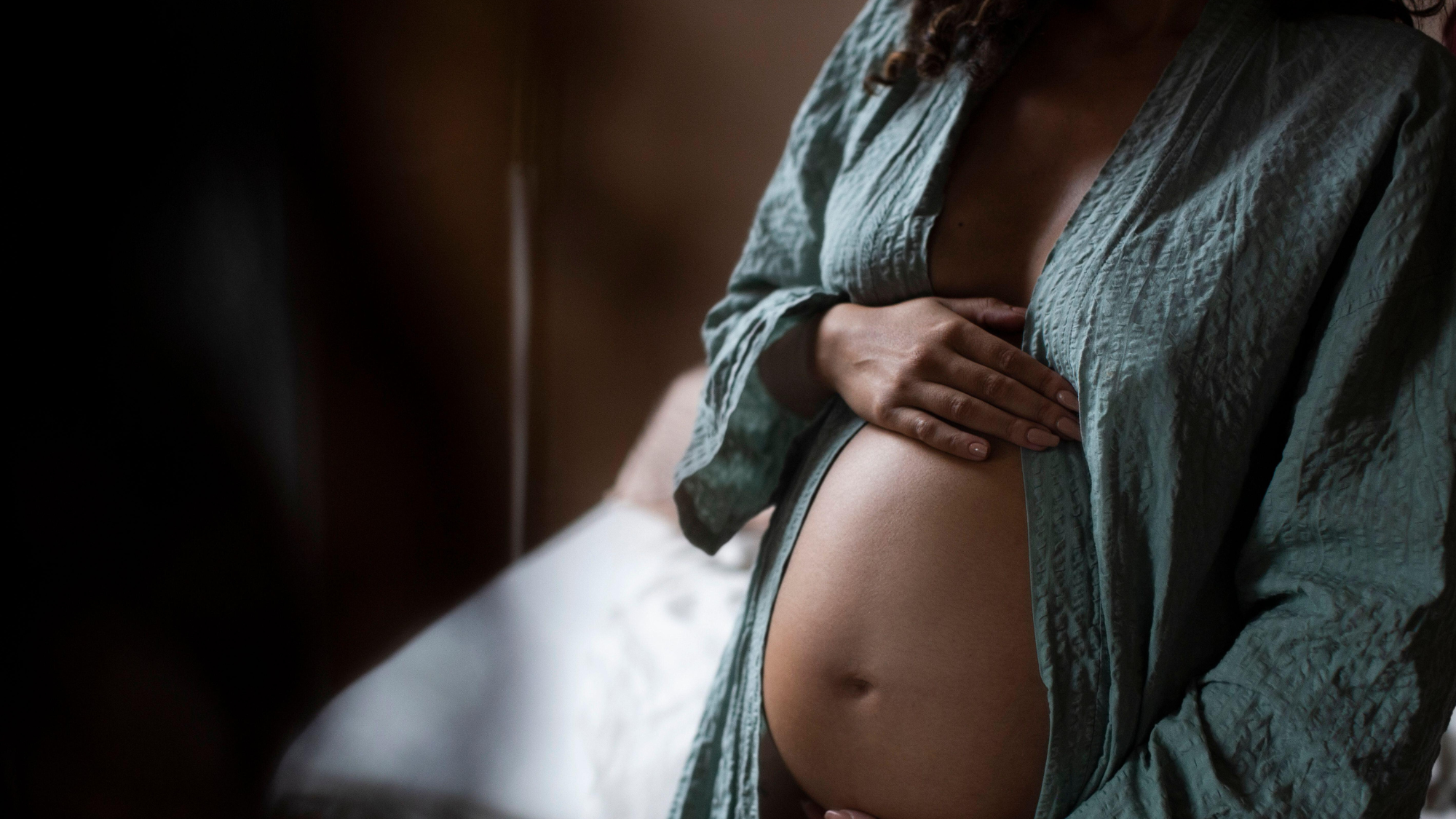 The controversial Free Birth Society
The controversial Free Birth SocietyThe Explainer Influencers are encouraging pregnant women to give birth without midwife care – at potentially tragic cost
-
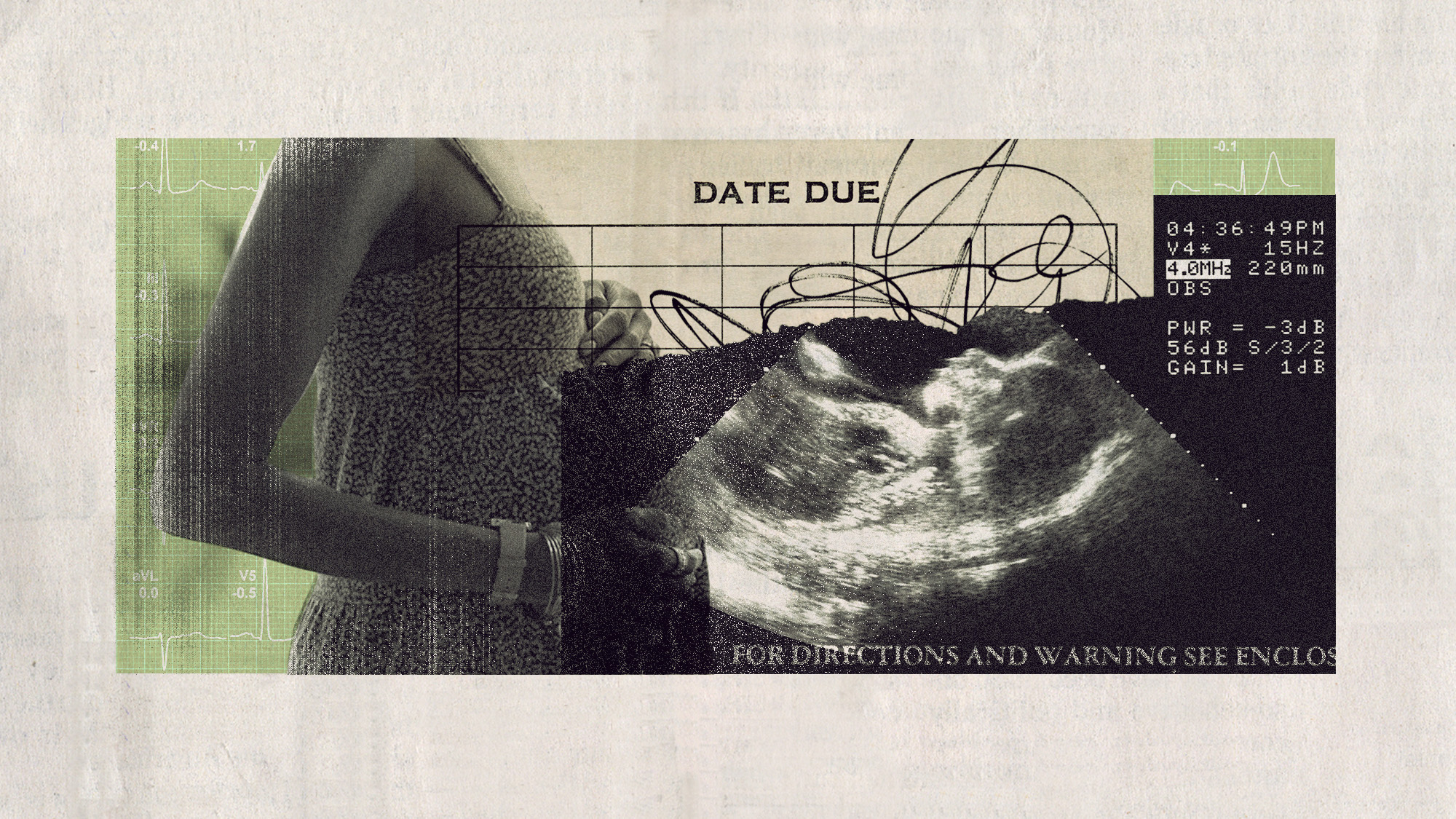 The rise in unregulated pregnancy scans
The rise in unregulated pregnancy scansUnder The Radar Industry body says some private scan clinics offer dangerously misleading advice
-
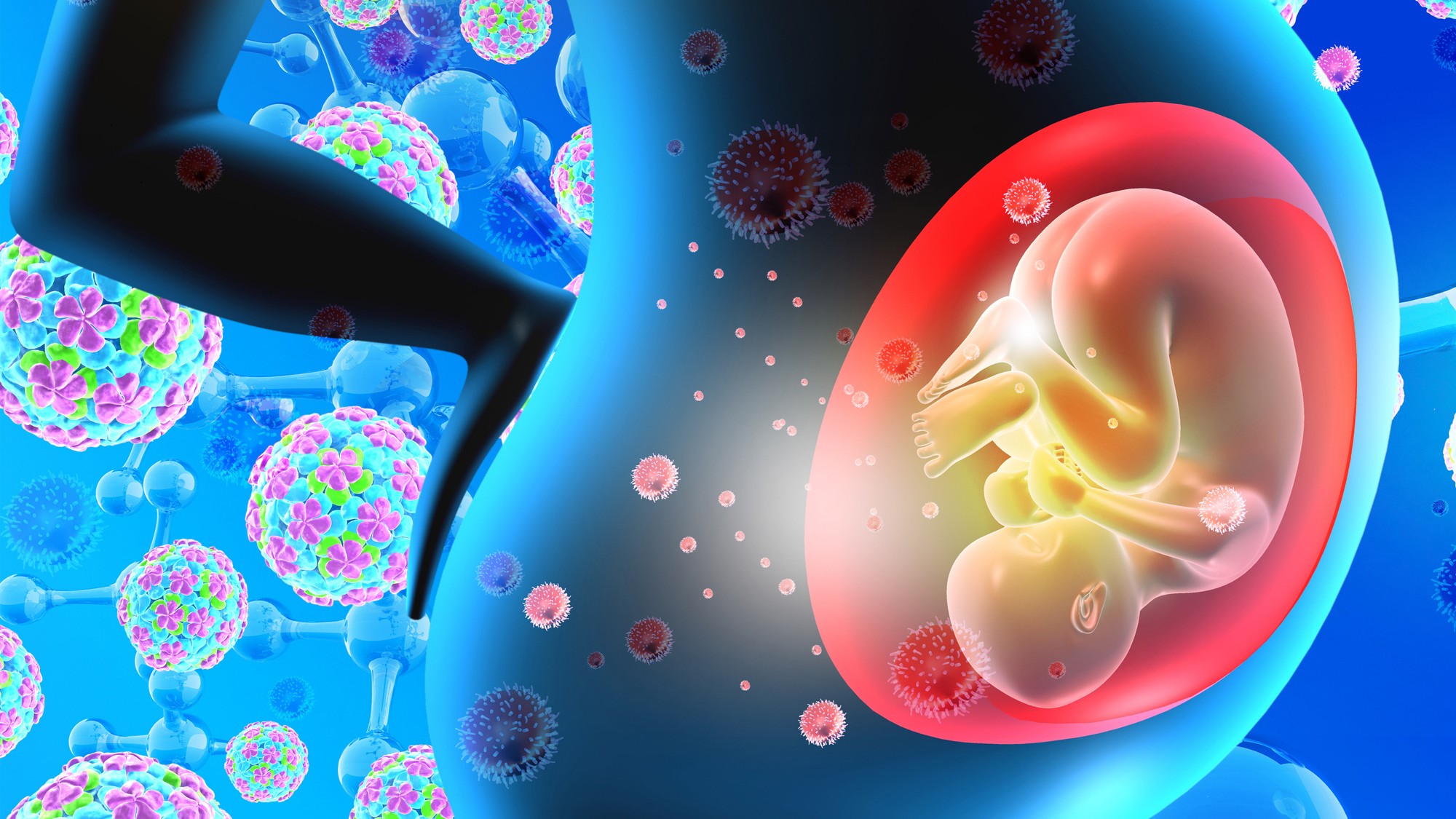 Cytomegalovirus can cause permanent birth defects
Cytomegalovirus can cause permanent birth defectsThe Explainer The virus can show no symptoms in adults
-
 RFK Jr. scraps Covid shots for pregnant women, kids
RFK Jr. scraps Covid shots for pregnant women, kidsSpeed Read The Health Secretary announced a policy change without informing CDC officials
-
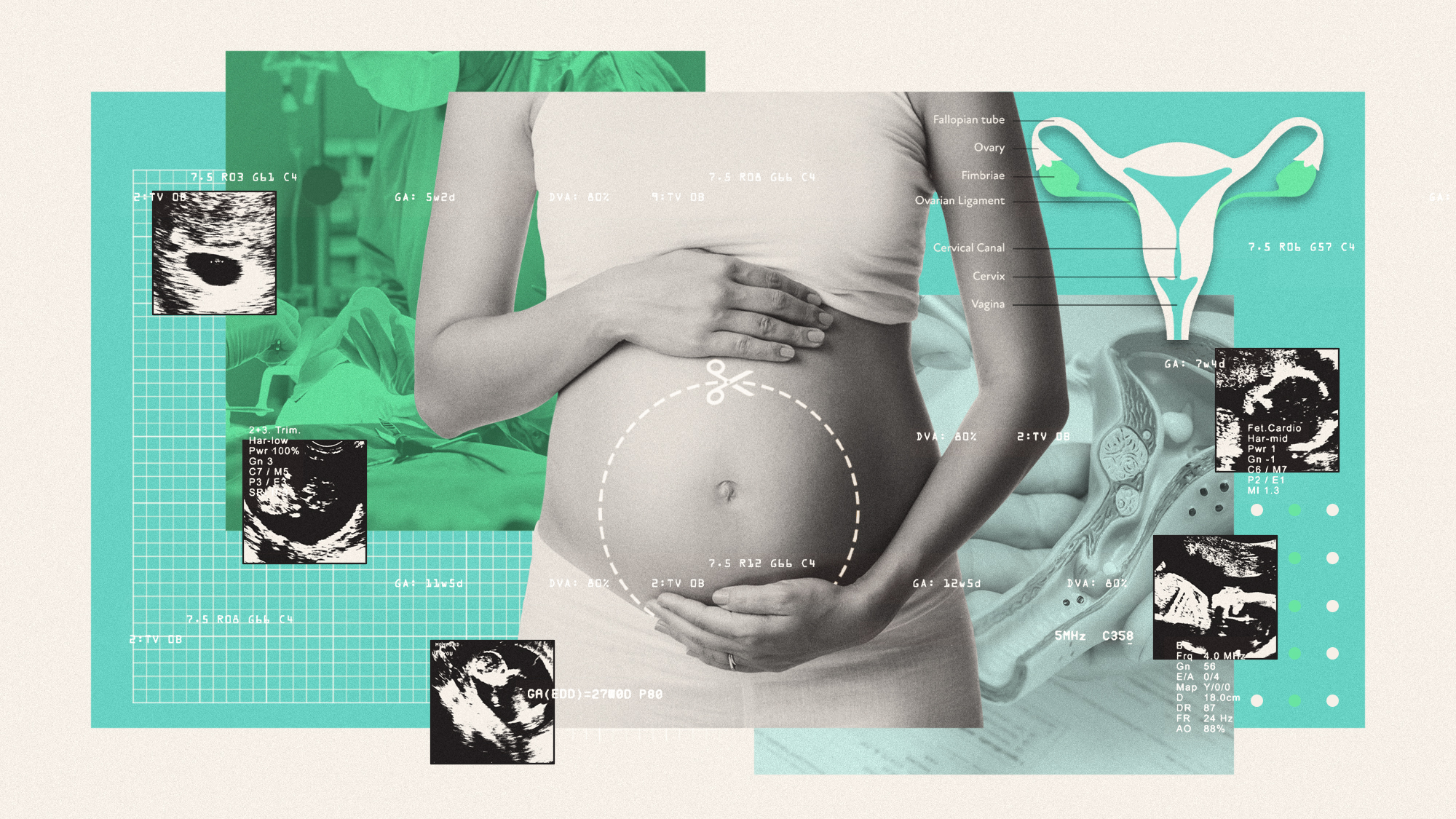 The UK's first baby born to woman with womb transplant
The UK's first baby born to woman with womb transplantThe Explainer 'Astonishing' medical breakthrough, the culmination of 25 years of research, could pave the way for more procedures to combat uterine infertility